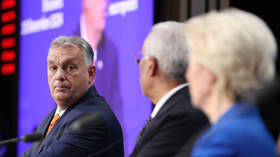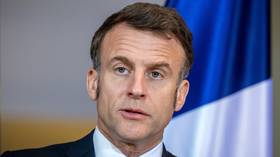Kosovo the focus of the UN Security Council
At Monday's UN Security Council Session Kosovo accused Belgrade of of stirring up trouble in its Northern areas, while Serbia countered that an Albanian ethnic mafia was trafficking drugs, people, and guns from Kosovo.
The exchange took place during a council debate on a new report of the UN Secretary General.
Serbia rejected Ban ki-Moon's description of the security in Kosovo as stable.
Serb President Boris Tadlic said “the Serbs in Kosovo have no security, no freedom of movement, no rule of law, no electricity, and no water.”
The UN Chief's report also states that many Albabnians see a continued UN presence in Kosovo as an obstacle to their independence.
The number of United Nations Interim Administration Mission in Kosovo police in Kosovo has decreased from nearly 1300 to 49.
Meanwhile, Serbia's ally Russia says the only chance to stabilize the situation is to preserve the UN mission in Kosovo.
Russian envoy to the UN, Vitaly Churkin says “the UN mission must retain not inly its coordination and political, but also its administrative functions. This objective will only be achieved if the Security Council retains control of the situation.”
Kosovo's unilateral declaration of independence 13 months ago lacked Security Council authorization, as did NATO's bombing campaign against the former Yugoslavia in 1999.
In both cases, critics say the UN charter was trampled on by the West.
Churkin says NATO's actions “shook the very stability of international law itself” and provided a strong push to Kosovar separatism, which is recognized by less than one-third of the international community.
Serbia and Russia remain committed to new negotiations on Kosovo's future status.













